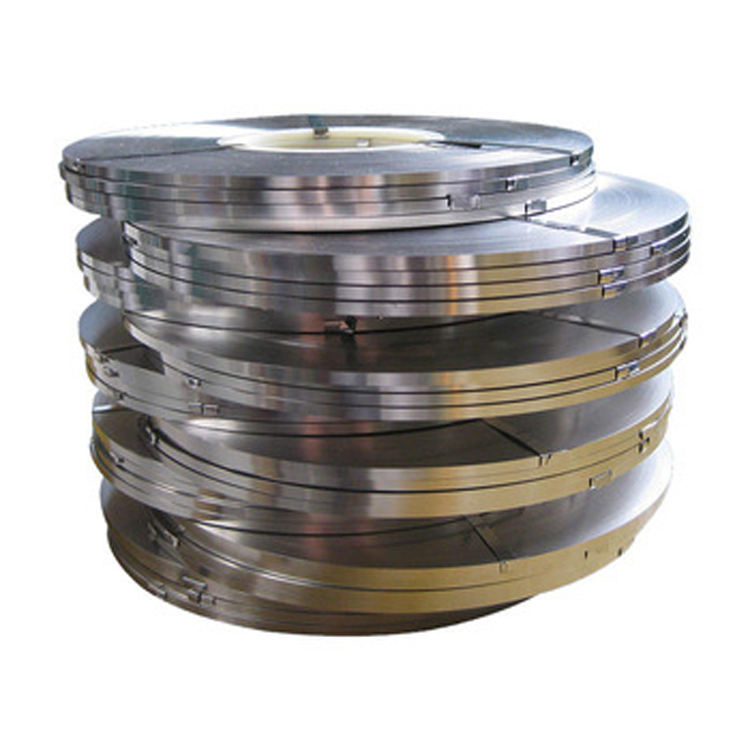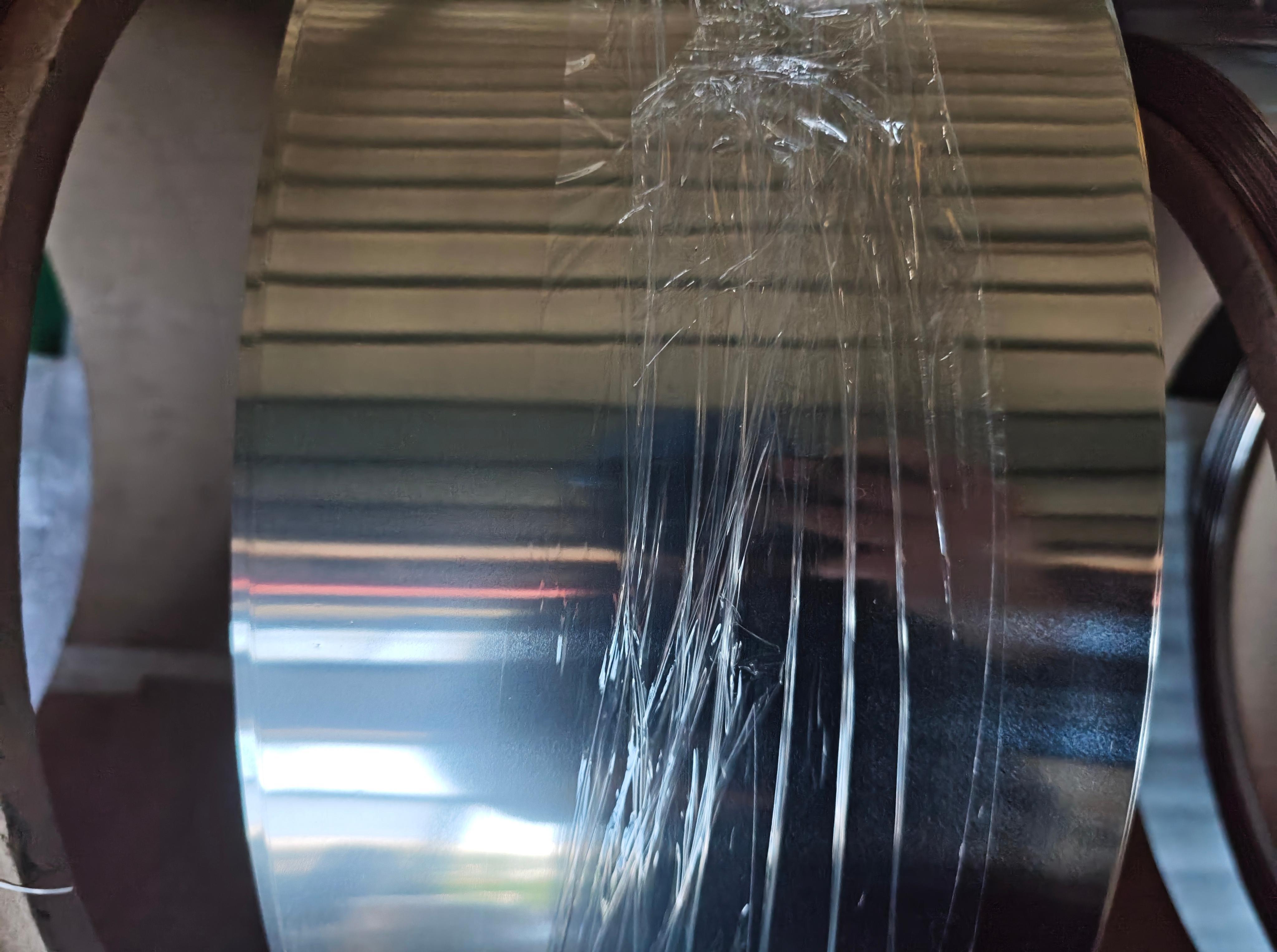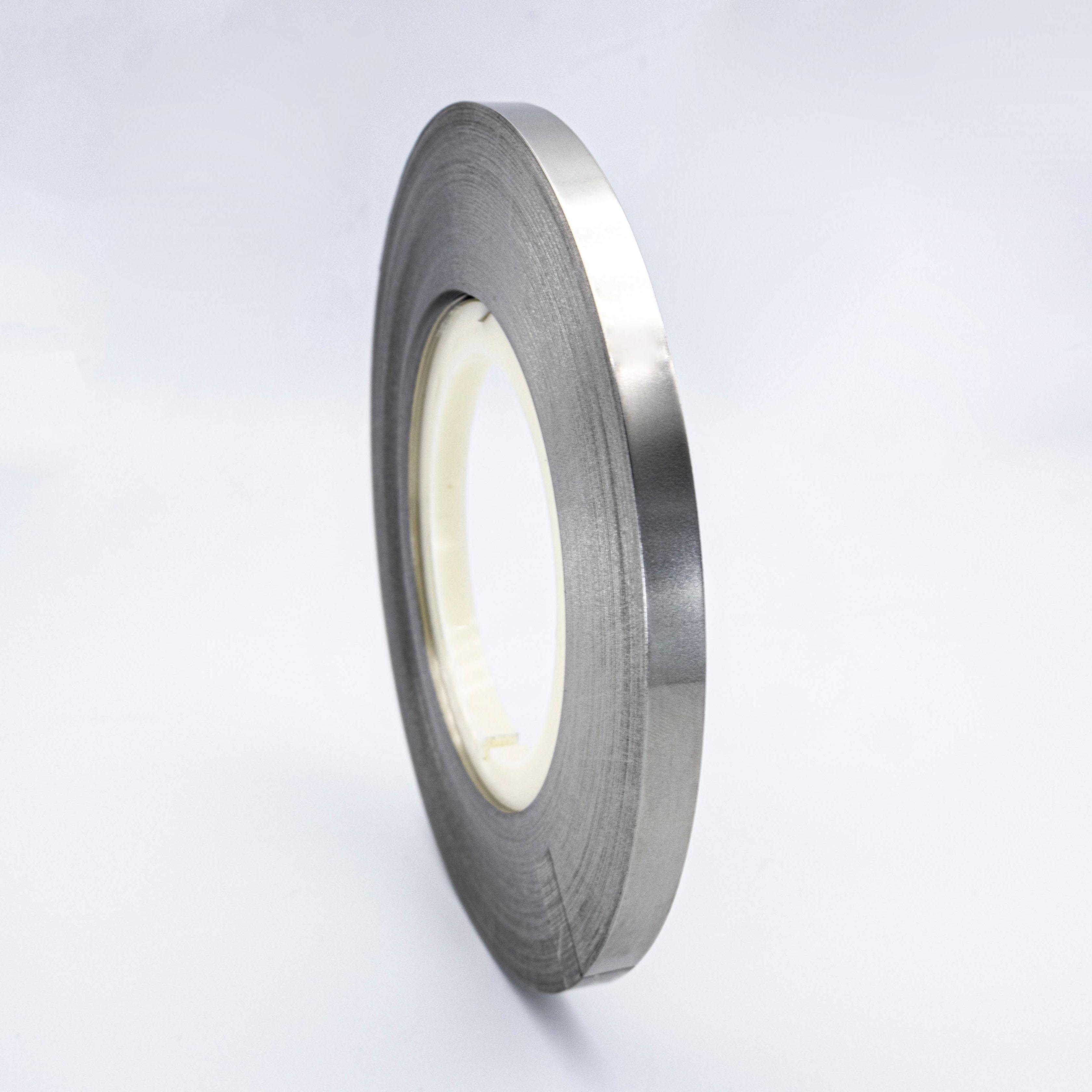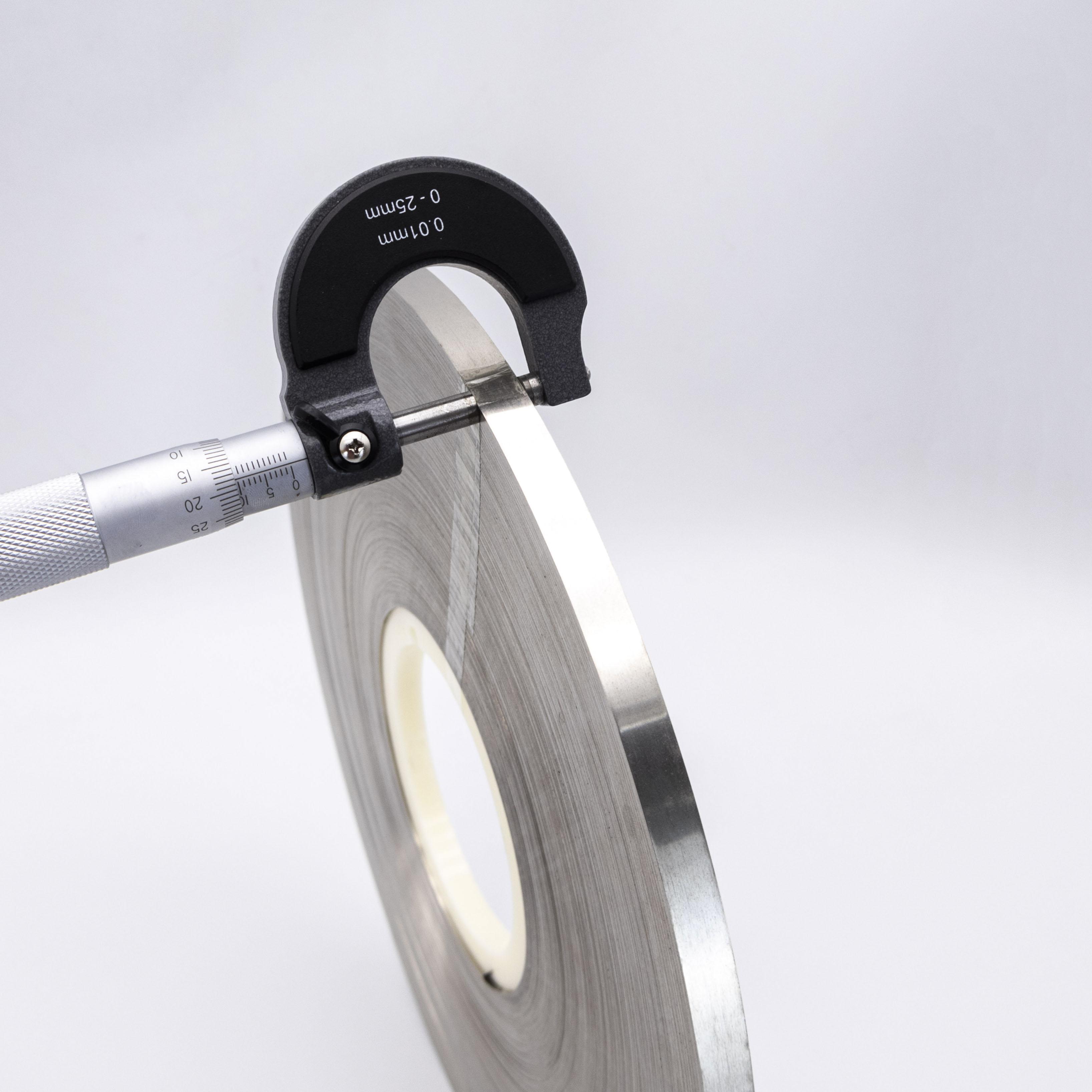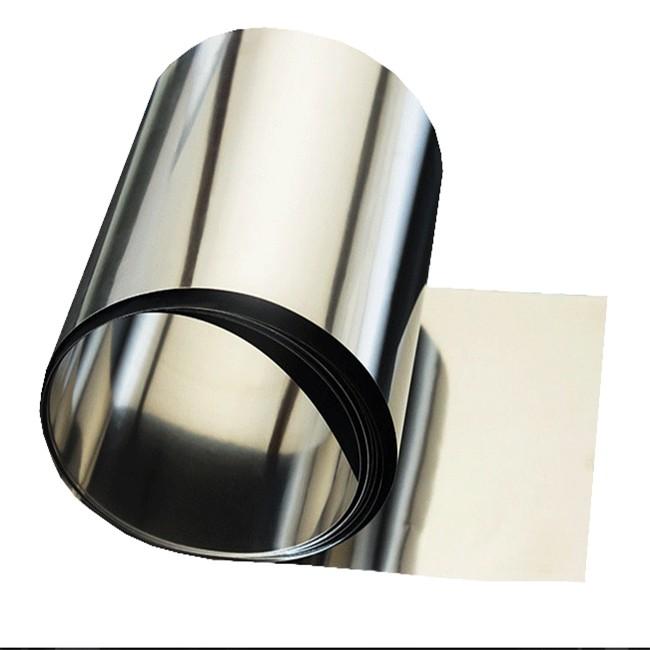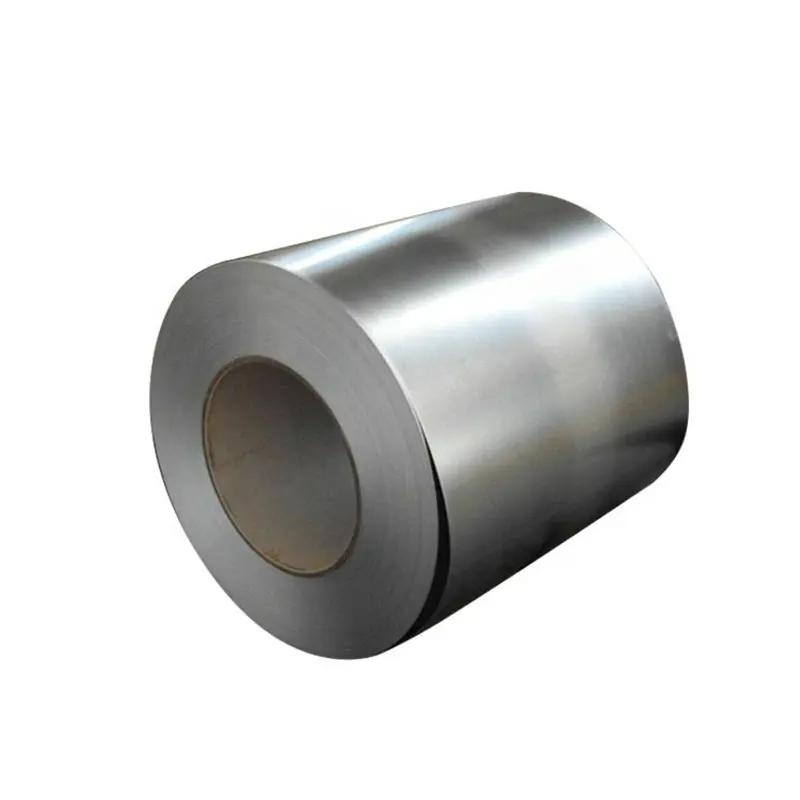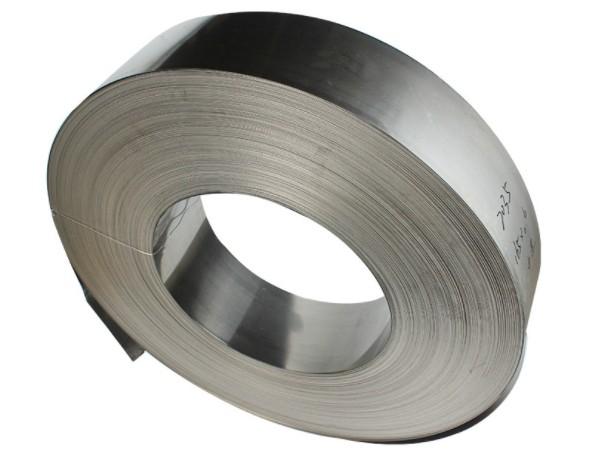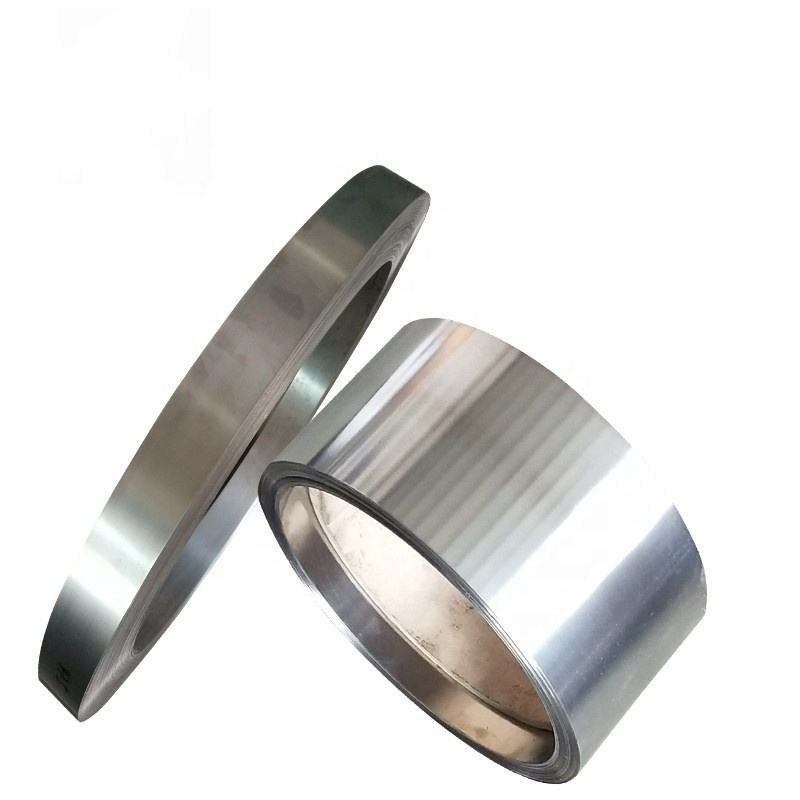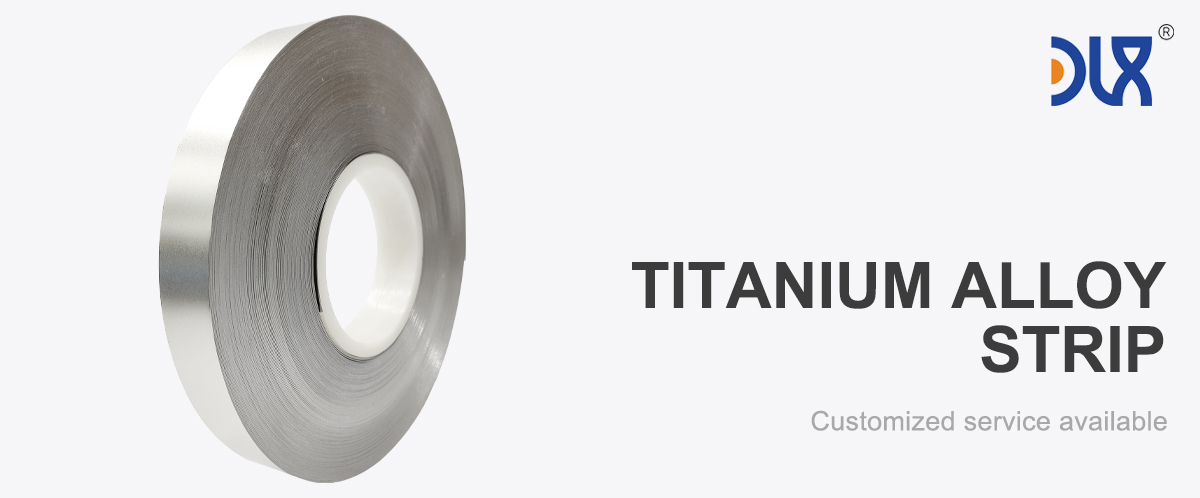
Our flexible Titanium Foil is a standout material crafted for precision engineering applications, made from high-quality Grade 2 titanium. Starting at just 0.01 mm thick, this foil is lightweight, corrosion-resistant, and incredibly formable, making it perfect for intricate designs in industries like aerospace, electronics, and automotive. Compliant with ASTM B265 standards, it’s built to deliver reliability in high-precision components like micro-sensors, lightweight structures, and custom assemblies. Our foil gives engineers the flexibility to create without limits.
We produce this foil using advanced cold-rolling techniques, ensuring a smooth, uniform surface and tight tolerances for seamless integration into complex designs. With a density of 4.51 g/cm³—45% lighter than steel—and a tensile strength of ~345 MPa, it strikes a perfect balance between strength and flexibility. Its corrosion resistance handles moisture, chemicals, and harsh environments, while its thermal stability up to 400°C supports demanding applications. Our rigorous quality control ensures every batch performs consistently, giving manufacturers confidence in their precision projects.
For more details, pls directly contact us.
Our flexible titanium foil is commercially pure Grade 2 titanium, with 99.2% titanium content and minimal alloying elements. This purity delivers a lightweight material with a density of 4.51 g/cm³, ideal for precision engineering where weight savings are critical. Its tensile strength of ~345 MPa provides durability, while its exceptional formability allows for shaping into intricate components without cracking. The foil’s natural oxide layer offers superior corrosion resistance against moisture, acids, and salts, ensuring longevity in tough conditions. Thermally stable up to 400°C and highly weldable, it’s a versatile choice for precision applications requiring flexibility and reliability.
| Titanium (Ti) | Aluminum (Al) | Vanadium (V) | Tin (Sn) | |
| Ti-6Al-4V | Rest | 5.5%-6.8% | 3.5%-4.5% | |
| Ti-5Al-2.5Sn | Rest | 4.5%-5.5% | 2.0%-3.0% |
Physical Properties
| Density | 4.4-4.5g/cm³ |
| Melting Point | 1660°C |
| Coefficient of Thermal Expansion | 8-10×10⁻⁶/K (20°C-500°C) |
| Thermal Conductivity | 6-22 W/(m·K) (depending on alloy grade) |
| Electrical Resistivity | 0.14-0.17 μΩ·m |
| Tensile Strength | 600-1200 MPa (depending on alloy grade) |
| Yield Strength | 480-1100 MPa |
| Elongation at Break | 10%-25% |
| Hardness | 200-400 HB |

For more details, pls directly contact us.
Our flexible titanium foil is designed for precision engineering but shines across a range of uses:
Micro-Sensors: Lightweight and conductive for precision sensor components in electronics.
Aerospace Components: Formable for intricate airframe and engine parts.
Automotive Parts: Flexible for lightweight suspension and exhaust components.
Electronics Shielding: Protects sensitive circuits from electromagnetic interference.
Custom Assemblies: Easily shaped for bespoke engineering designs.
While precision engineering is its primary focus, the foil also finds use in medical devices for its biocompatibility and in chemical processing for corrosion-resistant linings, proving its versatility across industries.
Industry Analysis
The precision engineering industry is thriving, with a projected CAGR of 6.8% through 2032, driven by demand for high-precision components in aerospace, electronics, and automotive sectors. Flexible, lightweight, and durable materials like our titanium foil are in high demand as manufacturers aim to create smaller, more efficient designs without sacrificing performance. The rise of smart technologies, electric vehicles, and advanced manufacturing is fueling the need for materials that support intricate fabrication and reliable performance.
Challenges include high raw material costs and complex supply chains, but we’ve optimized our production for cost-effectiveness and steady supply. Sustainability is a growing focus, with industries seeking recyclable materials to meet environmental standards. Our foil is fully recyclable, aligning with these green goals. The trend toward additive manufacturing and microfabrication plays to our foil’s strengths, as its flexibility and uniform thickness support cutting-edge production techniques.
Industry Trends
Miniaturization: Smaller, precise components demand flexible materials like our foil.
Sustainability: Recyclable materials are a must, and our foil is 100% recyclable.
Additive Manufacturing: 3D printing and microfabrication pair well with our foil’s precision.
Smart Technologies: IoT and sensor-driven devices need lightweight, reliable materials.
Lightweighting: Reducing weight in aerospace and automotive boosts efficiency.
Automation: Automated production lines require consistent, high-quality materials.
Comparison Table
Parameter | Our Flexible Titanium Foil | Other Titanium Foils |
|---|---|---|
Thickness Range | 0.01 mm - 0.25 mm | 0.05 mm - 0.3 mm |
Tensile Strength | ~345 MPa | ~240-900 MPa |
Corrosion Resistance | Excellent (moisture, acids) | Good to Excellent |
Thermal Stability | Up to 400°C | Up to 350-600°C |
Surface Finish | Smooth, uniform | Varies, less consistent |
Standards Compliance | ASTM B265 | ASTM B265 or lower |
Formability | High | Moderate to High |
Recyclability | Fully recyclable | Varies |
Company Comparison
Our flexible titanium foil sets the standard in precision engineering. While other foils are out there, our advanced cold-rolling process delivers a smoother surface and tighter tolerances, ensuring flawless performance in intricate designs. We prioritize sustainability with eco-friendly production and fully recyclable materials, meeting the industry’s green demands. Our streamlined supply chain guarantees fast, reliable delivery, even during market disruptions. Every batch is rigorously tested to ASTM B265 standards, ensuring it performs in the most demanding applications.
Why Choose Our Titanium Foil?
High Flexibility: Easily shaped for precision engineering designs.
Top Quality: Meets ASTM B265 standards for reliability.
Eco-Friendly: Fully recyclable with sustainable production.
Fast Delivery: Optimized logistics ensure timely supply.
Versatile Applications: Ideal for sensors, aerospace, and automotive parts.
Industry Outlook
The precision engineering industry is moving toward smaller, lighter, and more sustainable solutions. As smart technologies, electric vehicles, and advanced manufacturing grow, our flexible titanium foil is positioned to meet these needs. Its compatibility with 3D printing and microfabrication ensures it’s ready for next-gen production, while its recyclability aligns with environmental goals. We’re constantly refining our processes to stay ahead, delivering materials that empower cutting-edge engineering solutions.
Conclusion
Our flexible titanium foil is a game-changer for precision engineering applications. Its lightweight, formable, and corrosion-resistant properties make it ideal for micro-sensors, aerospace components, and more. With top-tier quality, sustainable production, and reliable delivery, we’re here to support your precision projects. Choose our foil for materials that match the accuracy and innovation of your designs.
For more details, pls directly contact us.
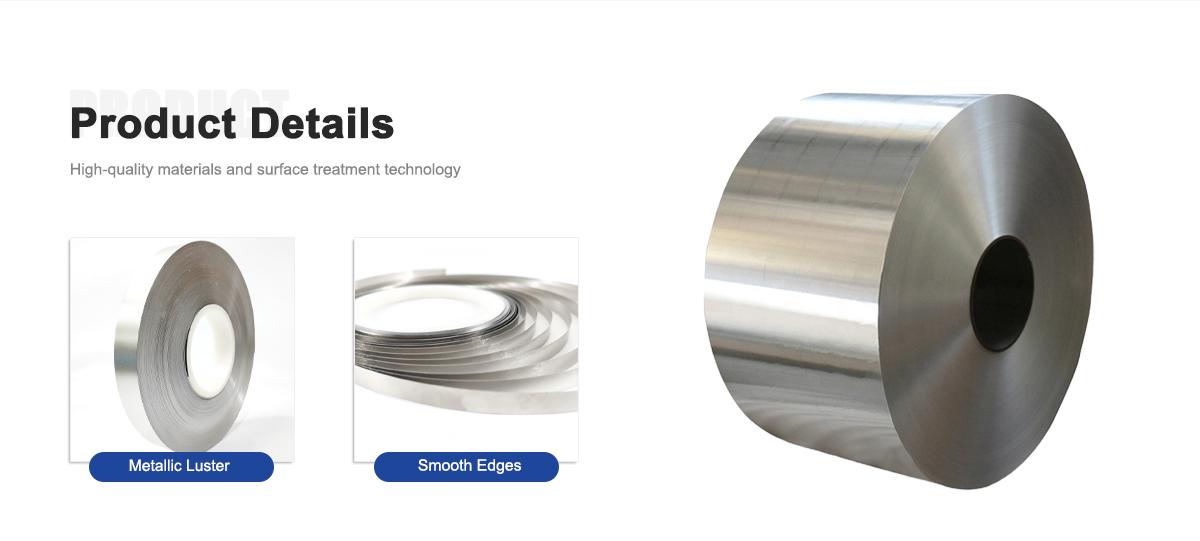
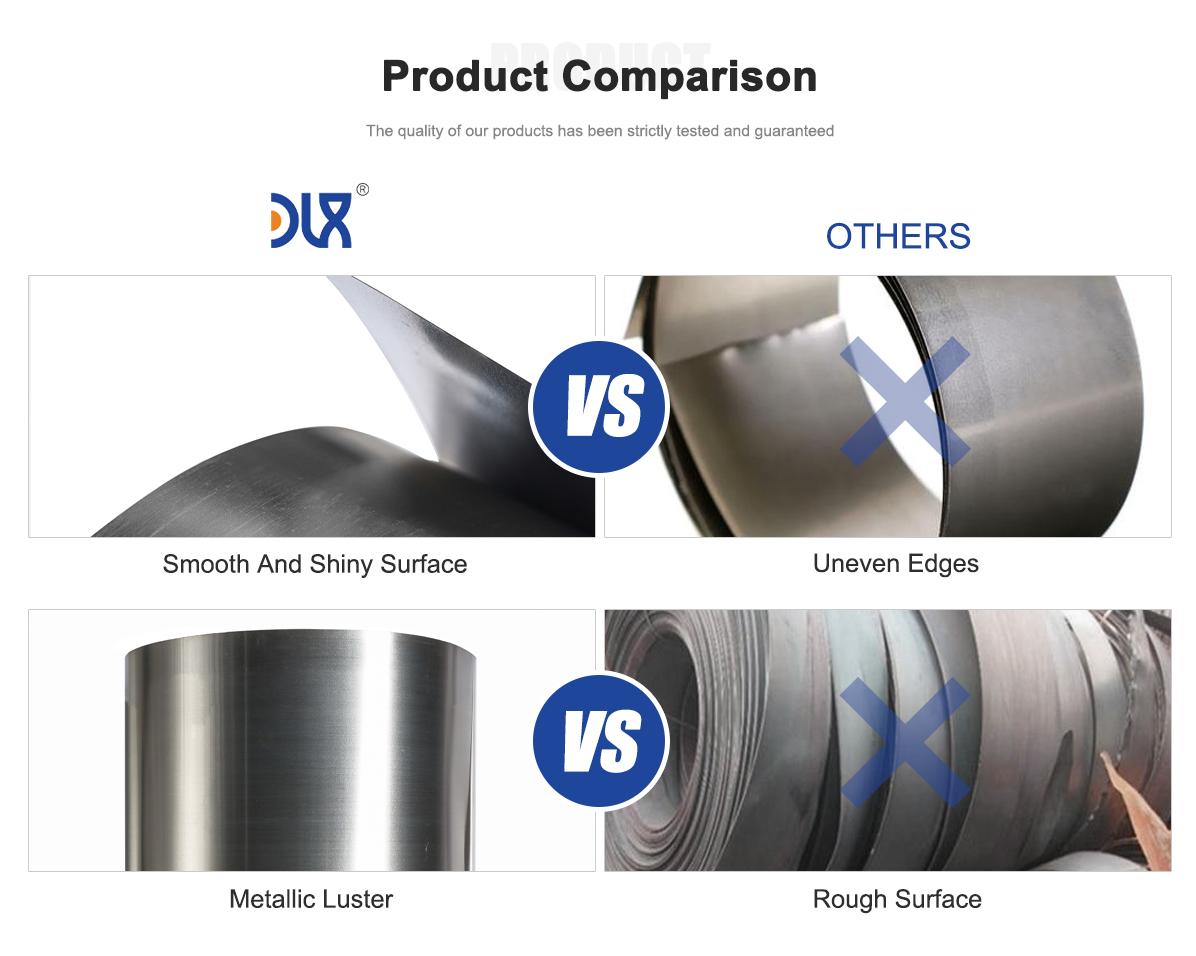
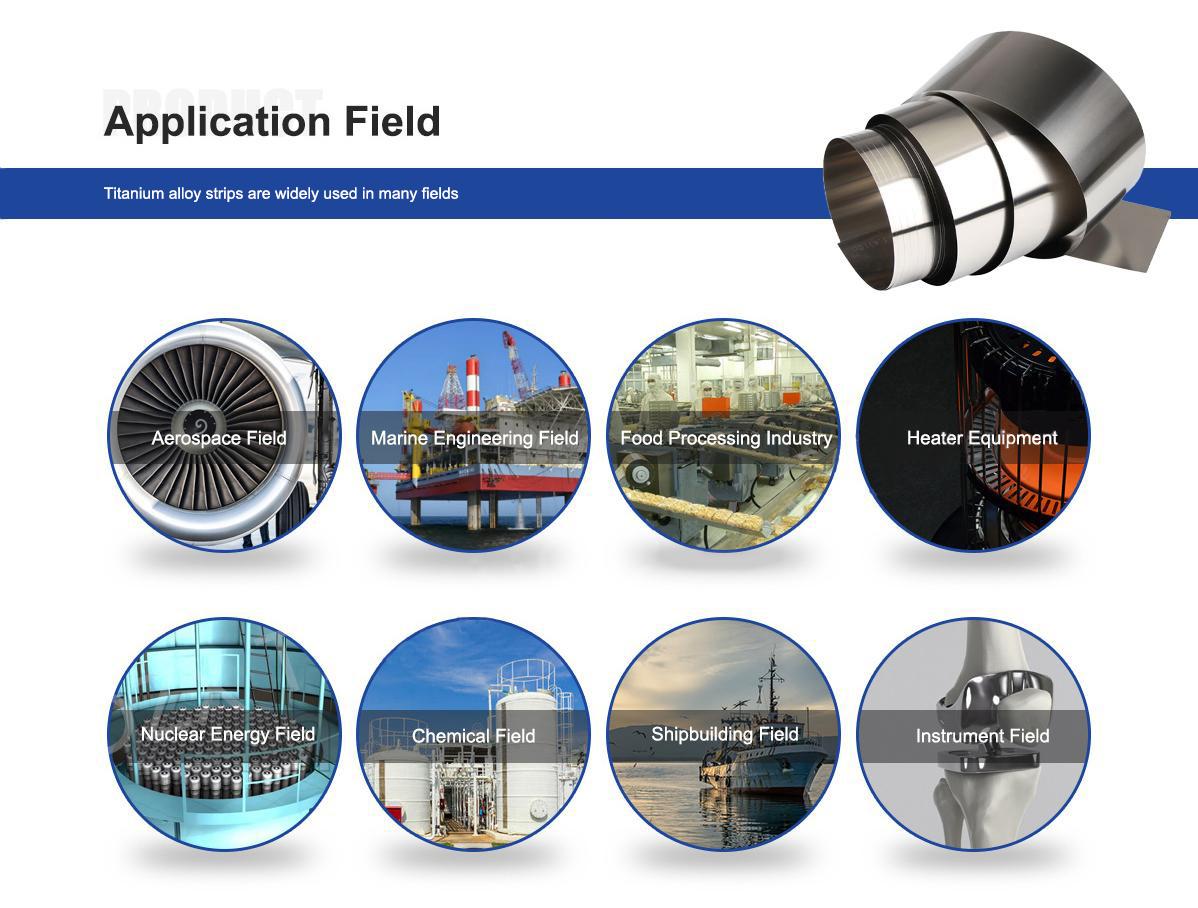
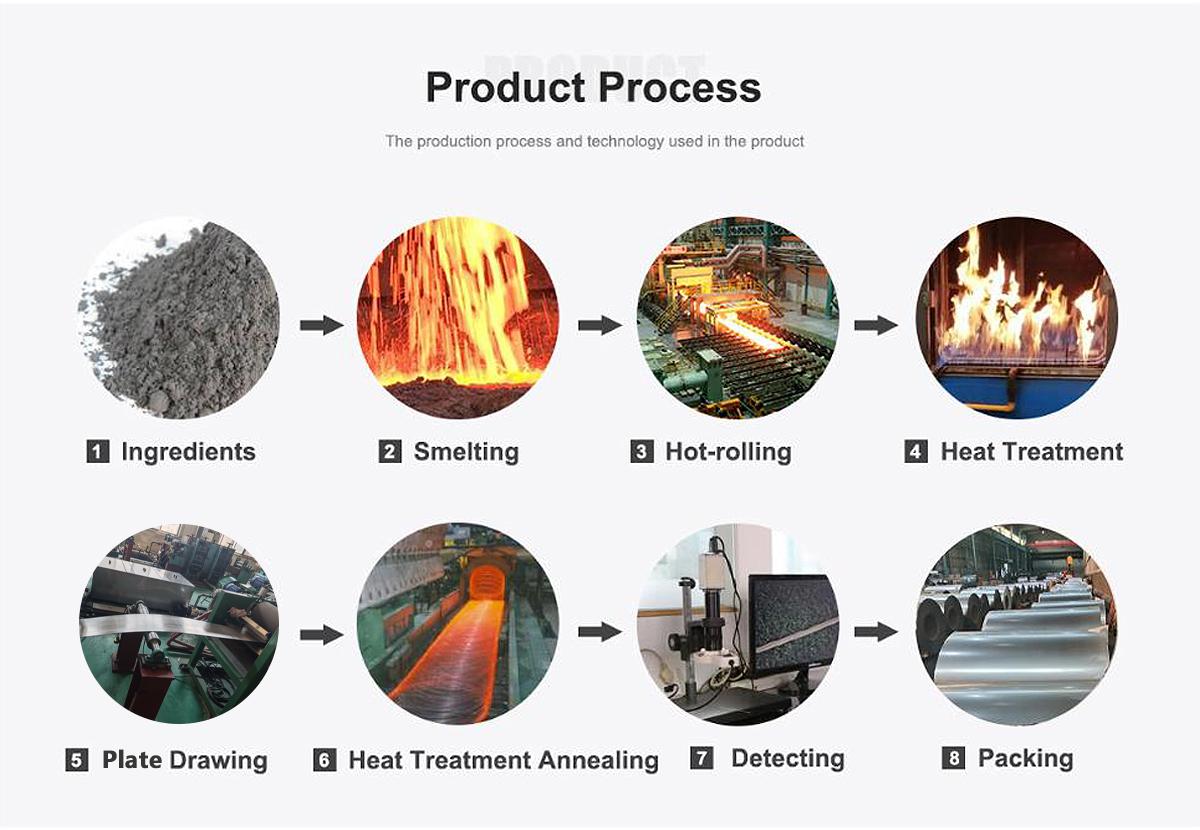
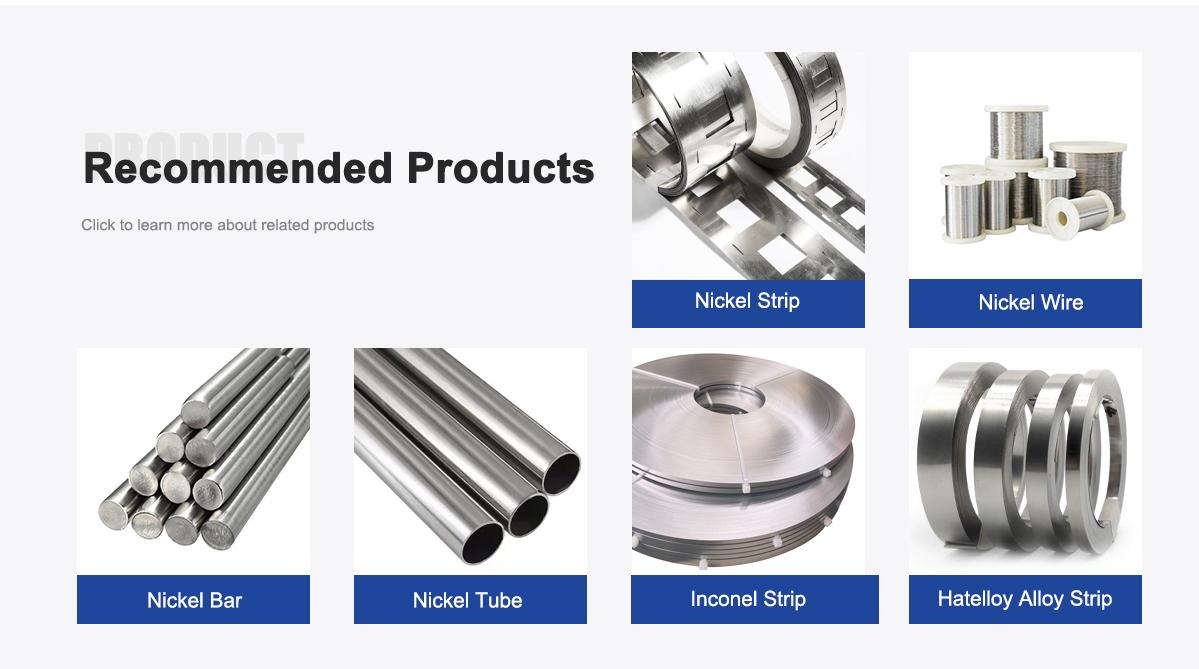
About Us:
Our 12,000㎡ factory is equipped with complete capabilities for research, production, testing, and packaging. We strictly adhere to ISO 9001 standards in our production processes, with an annual output of 1,200 tons. This ensures that we meet both quantity and quality demands. Furthermore, all products undergo rigorous simulated environment testing including high temperature, high pressure, and corrosion tests before being dispatched, ensuring they meet customer specifications.
For all our clients, we offer timely and multilingual after-sales support and technical consulting, helping you resolve any issues swiftly and efficiently.
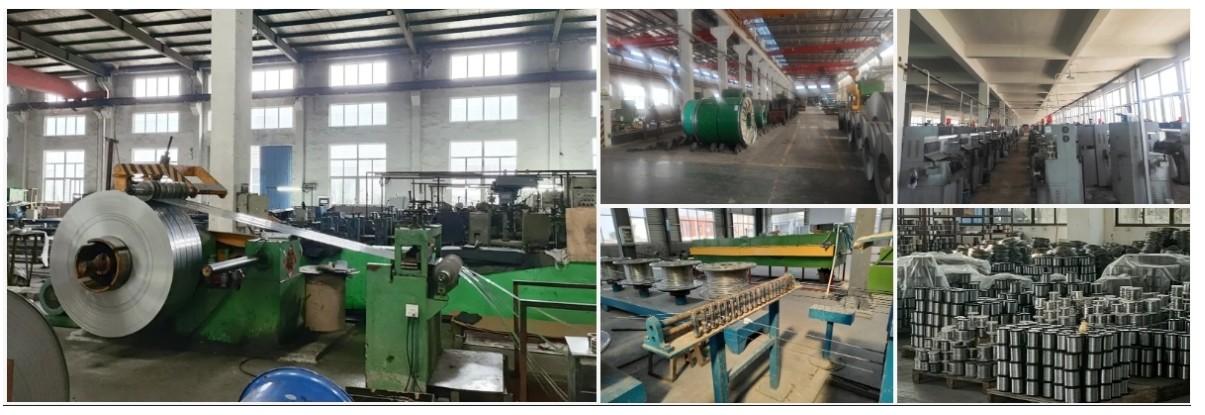
Client Visits
Building Stronger Partnerships
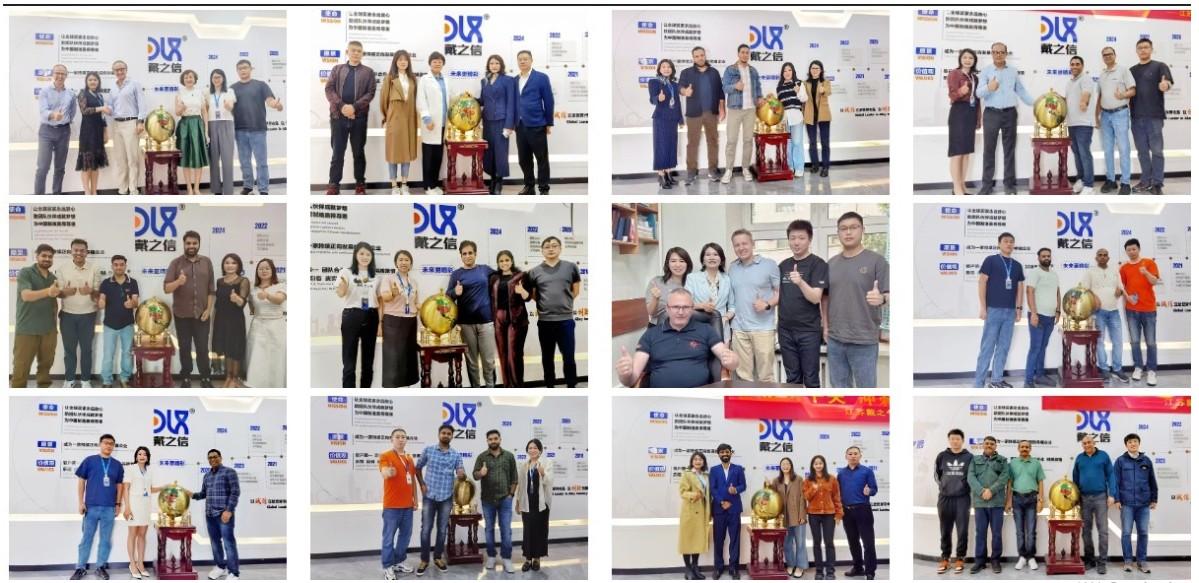
We support all kinds of testing:
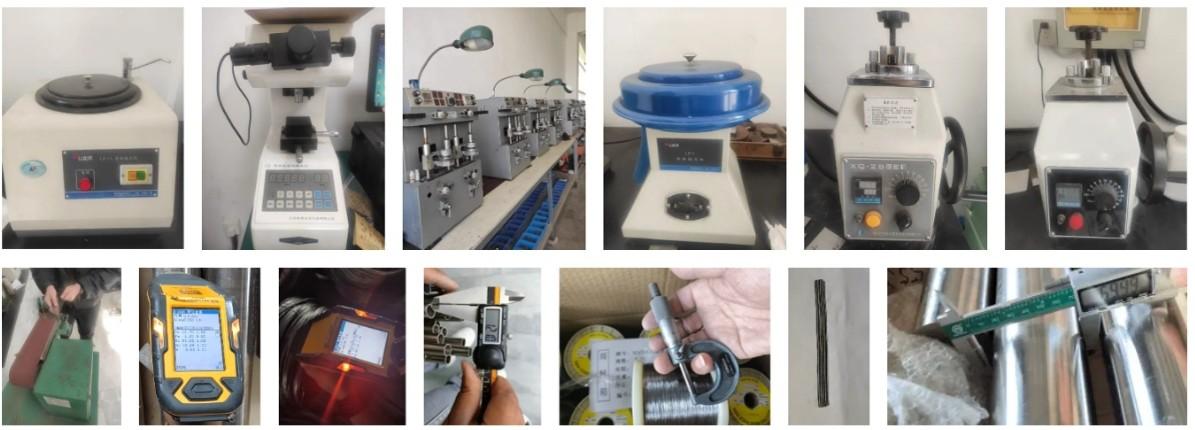

FAQs:
Why is flexible titanium foil ideal for precision engineering?
Its lightweight, formable, and corrosion-resistant properties suit intricate designs.How thin is this foil?
It starts at 0.01 mm, perfect for precision components.Can it resist corrosion?
Yes, it withstands moisture, acids, and salts with a natural oxide layer.Is it thermally stable?
Stable up to 400°C, ideal for demanding engineering applications.Does it meet industry standards?
It complies with ASTM B265 for consistent quality.Is it suitable for welding?
Yes, its weldability supports complex engineering designs.Can it be used in 3D printing?
Its uniform thickness makes it ideal for additive manufacturing.Is it recyclable?
100% recyclable, supporting sustainable engineering.

